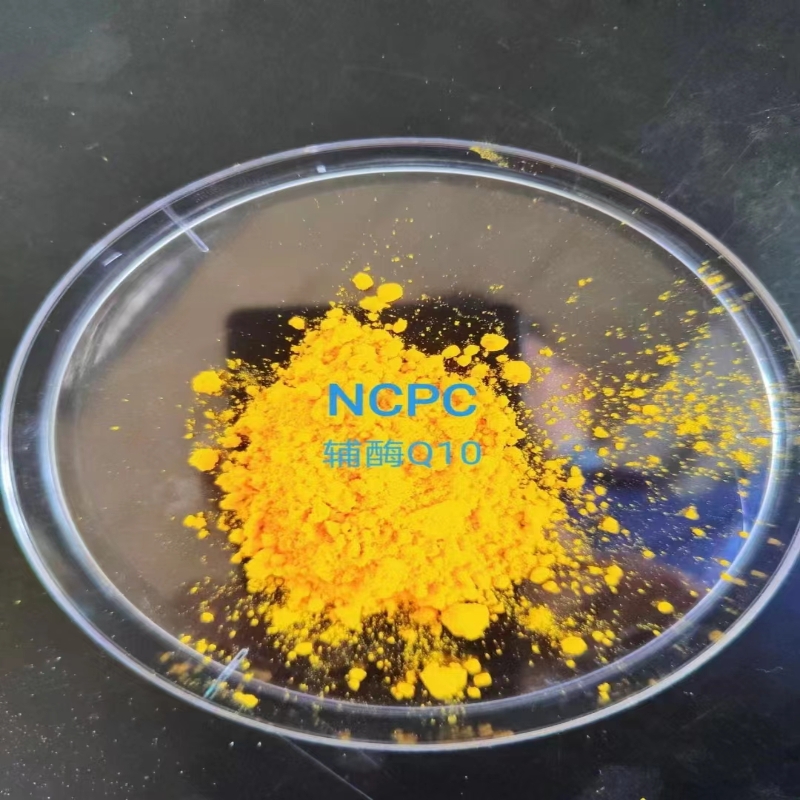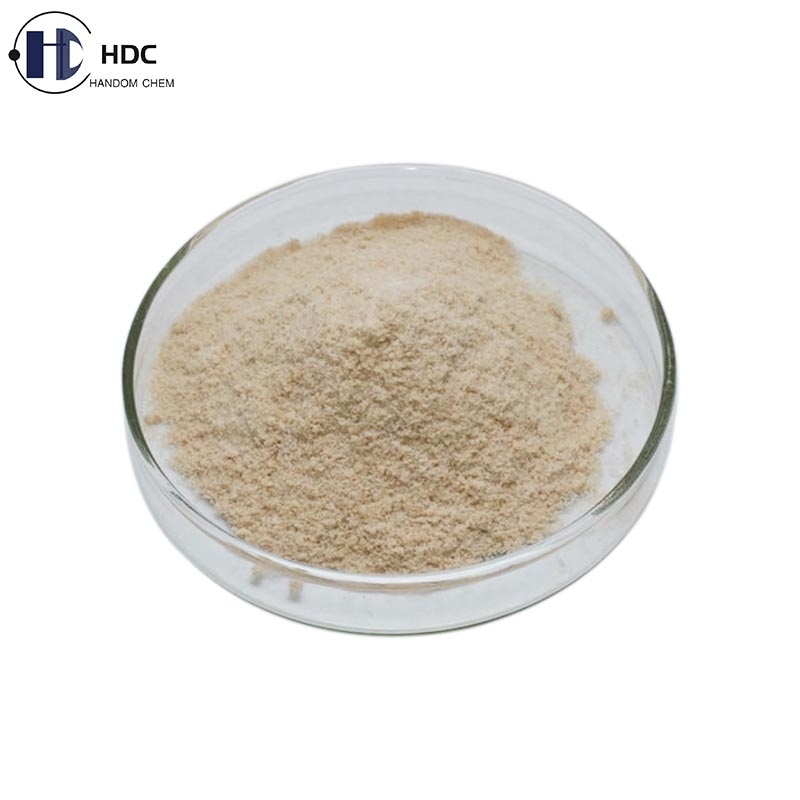New progress in the study of unnatural Coenzymes
-
Last Update: 2019-03-01
-
Source: Internet
-
Author: User
Search more information of high quality chemicals, good prices and reliable suppliers, visit
www.echemi.com
Recently, Zhao Zongbao's team of researchers from the Biotechnology Department of Dalian Institute of Chemical Sciences and Xue Song's team have made new progress in the research of unnatural coenzymes They have obtained a series of phosphite dehydrogenase mutants that prefer unnatural coenzymes, analyzed their structures with unnatural coenzyme complexes, and revealed the molecular mechanism of coenzyme preference change Relevant research results were published on ACS catalysis Natural coenzymes, such as pyridine nucleotide coenzyme NAD (P), are not only widely used coenzymes of oxidoreductase, but also undertake other important biological functions Natural coenzyme disturbance can produce global but unpredictable biological effects In order to realize the selective regulation of coenzyme related metabolism, Zhao Zongbao's research team proposed a research strategy based on non natural coenzyme A series of unnatural coenzymes, such as nicotinamide cytosine dinucleotide (NCD), were designed and synthesized Using directed evolution strategy, a variety of oxidoreductase mutants preferring unnatural coenzymes were screened, and orthogonal redox catalysis system was established The researchers designed the energy supply module based on NCD and phosphite dehydrogenase mutants, which was successfully used to selectively drive the intracellular metabolic pathway, breaking the thermodynamic bottleneck of the endogenous metabolic network In this study, we successfully modified and obtained the mutant of phosphite dehydrogenase with significantly improved NCD preference The mutant enzyme hardly uses natural coenzyme NAD, but the affinity of substrate is maintained The crystal structure of the wild type and two mutants of phosphite dehydrogenase, as well as the enzyme NCD complex structure are obtained It was found that the amino acid residues introduced by the mutation, on the one hand, caused coenzyme binding cavity contraction, restricted the entry of NAD, on the other hand, provided a new intermolecular interaction for NCD binding, which led to the mutant's significant preference for NCD The research results will provide important scientific reference for the rational transformation of other oxidoreductases, and promote the research of synthetic biology and chemical biology based on unnatural coenzymes
This article is an English version of an article which is originally in the Chinese language on echemi.com and is provided for information purposes only.
This website makes no representation or warranty of any kind, either expressed or implied, as to the accuracy, completeness ownership or reliability of
the article or any translations thereof. If you have any concerns or complaints relating to the article, please send an email, providing a detailed
description of the concern or complaint, to
service@echemi.com. A staff member will contact you within 5 working days. Once verified, infringing content
will be removed immediately.







